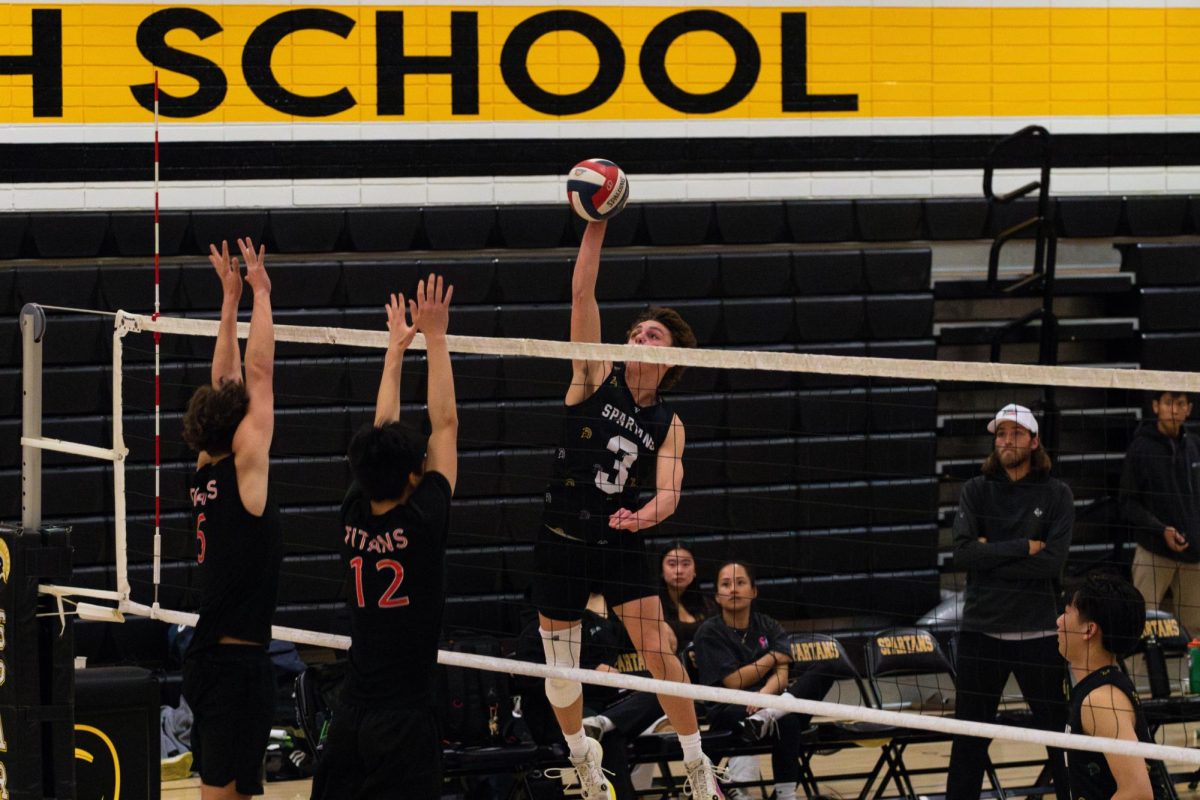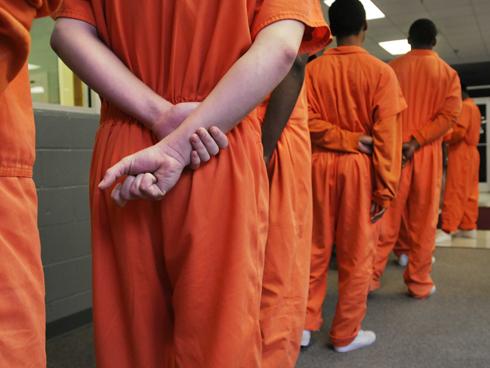Rodney Hulin, a 16 year old boy was sentenced to 8 years in adult prison. His crime? Setting a dumpster on fire with only $500 worth of damage done, but yet he received a punishment of almost a decade in an adult prison. Not only this, but while in prison, he was raped repeatedly and later hung himself in his cell due to the constant abuse. There are 250,000 teens, like Hulin, who are tried, sentenced, or incarcerated as adults each year. The juveniles who commit violent crimes do not deserve to receive punishments as harsh as adult criminals.
Juveniles shouldn’t be tried as adults because unlike adults, they have more difficulty foreseeing the consequences of their actions. An article from 2001 in Time Magazine says that in recent studies, scientists have found that the brain’s prefrontal lobe, a part of the brain that judges whether or not behavior is appropriate, is not completely developed until age 20. The youth of America shouldn’t be equated to adults because biologically their brain is not as developed as adults. In the same Time Magazine article, it claims that youth also don’t have the intellectual or moral capacity as adults. If a child lacks the same mental capacity as adults, then they shouldn’t be tried in adult court.
Also, juvenile court incorporates many beneficial factors to ensure teen’s success in life upon release whereas adult court does not. In an article from the New York Times, writer Charles Stimson explains that the separation of adults and youth in court systems is a recognition of the differences between juveniles and adults, and thus offers juveniles greater opportunities for forgiveness and redemption. For juveniles that have committed crimes, it is important that they have chances to rehabilitate because they still have their whole life ahead of them. An article from 2012 in the New York Times claims that, “…youth who are transferred to the adult system are approximately 34 percent more likely than youth retained in the juvenile court system to be rearrested for a felony.” Isn’t it in America’s best interest that criminals do not reoffend once they are released? If the juvenile courts can successfully prevent youth from committing future crimes, then its better for society that teens are sent to juvenile court.
Lastly, the youth in prison are often abused by the adult inmates. In a New York Times article written by a human rights activist and former prison inmate, it says that, “…juveniles were five times as likely to be sexually assaulted in adult rather than juvenile facilities- often within their first 48 hours of incarceration.” These statistics prove that adult prison is dangerous for all youth inmates. Plus, in an article written to campaign for Youth & Justice, it explains that, “children in adult prisons are 50% more likely to report being attacked with a weapon.” Abuse in prison happens all the time, but is commonly ignored because the victims of the abuse are criminals themselves. If the adult prison systems lack the ability to protect our youth, then the youth should strictly be held in juvenile prisons.
Surely, juveniles should not serve adult sentences for the mistakes they make. We need to protect our youth. We need to protect our youth even if they are criminals because the adult prison system is failing them again and again. Don’t forget Rodney Hulin. Don’t forget his crime and punishment. And don’t forget what he suffered while in adult prison. It may seem that any criminal deserves severe punishment, but a teenager does not deserve the same punishment as an adult. The adult prison system is creating a downhill spiral for teens while the juvenile system can successfully rehabilitate teens.




































anonymous • May 16, 2014 at 11:16 pm
what about the kid who burned the house on fordham down???
burning a house down that isn’t yours, putting other people’s lives in danger, and running away after that???
or the kid who murdered the girl after she said no when he asked her to prom?? What kind of message is that sending to the rest of the world and teenage boys?
I think in the example, obviously setting a dumpster is a rather minor crime, and it doesn’t seem logical to try a kid as an adult, but it serves as a rather weak example. additionally we are trying to teach the younger generation that they HAVE to take responsibility for their actions, not be lax about it and say, oh, you’ll have another chance, because that’s not going to happen obviously when you are an adult.
instead, there should be a middle ground, perhaps, separate cells for minors in jail, to prevent rapes and other such consequences.
??? • May 7, 2014 at 8:15 am
SO by what you are saying Laura these two eight year olds Peter Barratt and James Bradley who SUFFOCATED a two year old when they were 8 should go to juvie for murder? and serve only afew years? no they do the crime they do the time does not matter what prison.